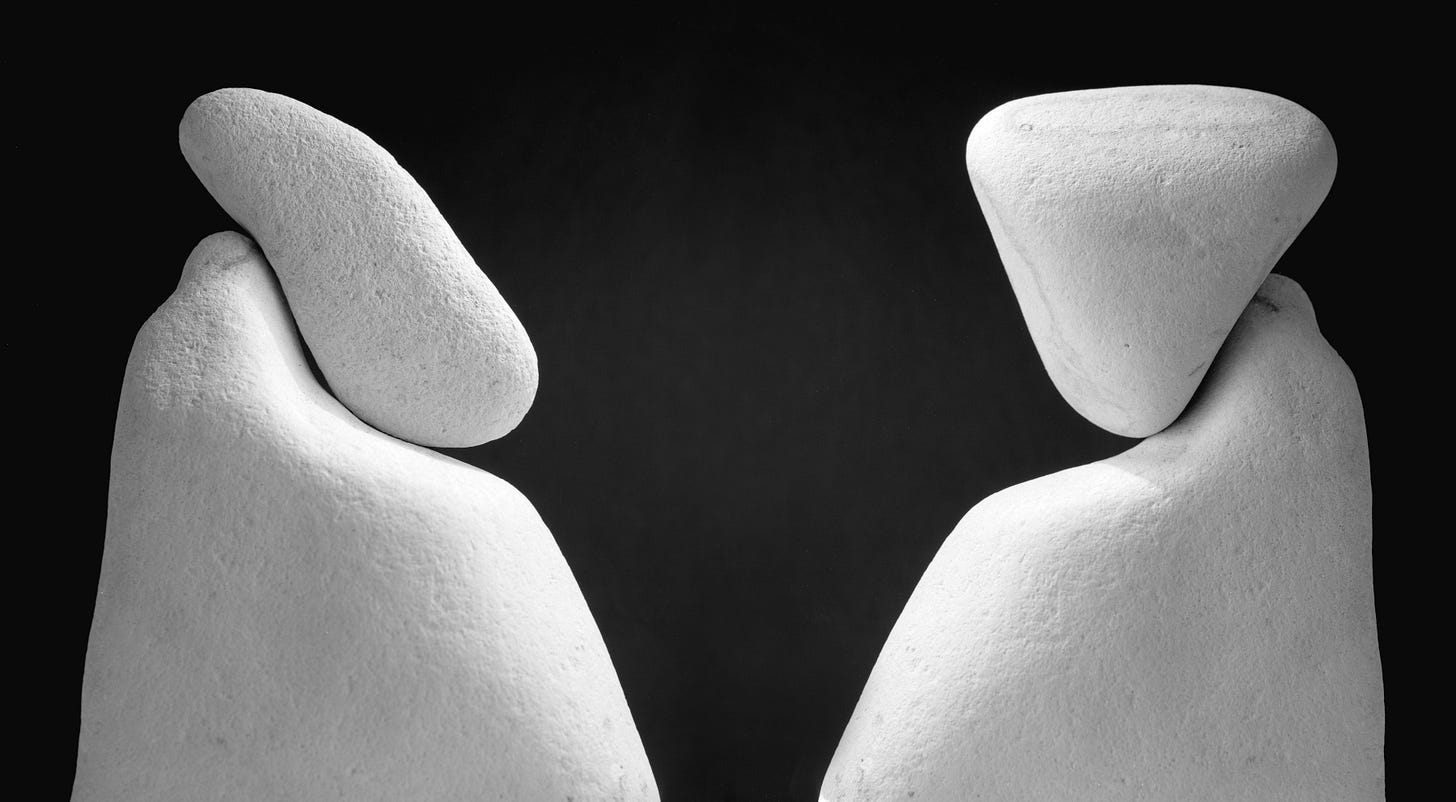The mystery of learning to read
My colleague at the university and in our course on 'Literacy across the curriculum, Associate Professor Kaye Lowe, has talked with our students about the essential mystery of how we learn to read.
It's often impossible to pinpoint what it was (if it was any single thing) that led to us 'getting it'.
It seems to me that this applies to all kinds of learning, that the successful classroom is essentially a mysterious place, though I've tried to put my finger on some of the essential elements in a series of earlier posts, culminating in On the nature of literacy (with a nod to Spinoza).
It's a mystery that many of my postgraduate students are wrestling with at the moment. They're wondering both how they themselves learned to read, and how they can set up a classroom environment of deep learning when they graduate.
One student, Reuben, has done a particularly fine job at capturing the learning environment in which he learned to read. He has given me permission to quote from his online journal:
I have always had an insatiable appetite for books and reading and I have been attempting to recall or understand my motivation as a young reader. What was the cause of this appetite, where did it come from?
There are a few elements that I believe contributed:
I was often read to by my parents, and the material that they read to me was often above the expected level of comprehension so that I had to struggle to understand it.
It is my hypothesis that the link was formed in my mind between information and books – and I have always desired information. I think, developmentally speaking, this is true of most children (as anyone who has had a chain of endless “why’s” from a toddler can testify). However I was indulged in the aspect by my parents and in particular by my father on the topic of ecology, which is a large part of his work. He would never shy away from complex, involved answers which I found fascinating.
Once I was able to read reasonably well, my parents also made a point of frequently taking me to the public library or secondhand book stores, and allowing me to make my own choices. I can still recall the first secondhand book that I chose for myself, and took immense pleasure in reading. The title of the book was “How Things Work” and featured diagrams and explanations of the scientific workings behind a range of otherwise mysterious devices and phenomena such as telephones, radio-broadcasts, weather patterns and geological formations. Obviously, it was adapted for a child’s level of literacy, but I believe the title is a very telling statement on my personal motivation as an early reader. I was driven by a desire to learn ‘How Things Worked’. This desire was very much a natural phenomenon – how then to capture some practical application of the same enthusiasm.
Can it be engineered in students? Cris Tovani discusses this, with the anecdote regarding the teaching of Mary Shelley’s Frankenstein. Although I remain a little apprehensive about my own skills in the area, I am convinced of the importance of modeling as described therein. There is no more powerful motivator than a confident display of skill, as long as it is tempered with the information that it is entirely achievable.
Another vivid memory that I recall when considering my personal history as a reader is an incident involving my Grandmother’s second husband Trevor, who I quite admired because of his own proficiency with language. As a child and a young teenager I would often visit them for holidays, and reading would be a primary entertainment. At this particular stage, I was obsessed with the technical skill of reading, and the speed at which I could accomplish it. I would work my way through a huge stack of library books, proclaiming to anyone within audible distance when I had finished a book. Trevor must have been watching this behavior, because he began to quiz me on details from the books whenever I finished one. Without explicitly stating it, I was made aware of a large deficiency in my understanding of the books.
Though I am sure it was not his intention, I can recall feeling ashamed to discover that I had not really been reading the books at all, but just mechanically processing the text with my eyes.
The exercise that we completed in the tutorial this week made me recall this memory and I am sure there in a profound lesson there, though I am still not certain how to explain the sensation of sudden realization, the radical change in thinking and perspective that I experienced.
*****
Kaye Lowe has been reminding us that where we once tried to understand the reading process by seeing what struggling readers had difficulty with, we now understand more about how to encourage literacy by observing how good readers came to read. It seems to me that Reuben has described some of what's essential.




